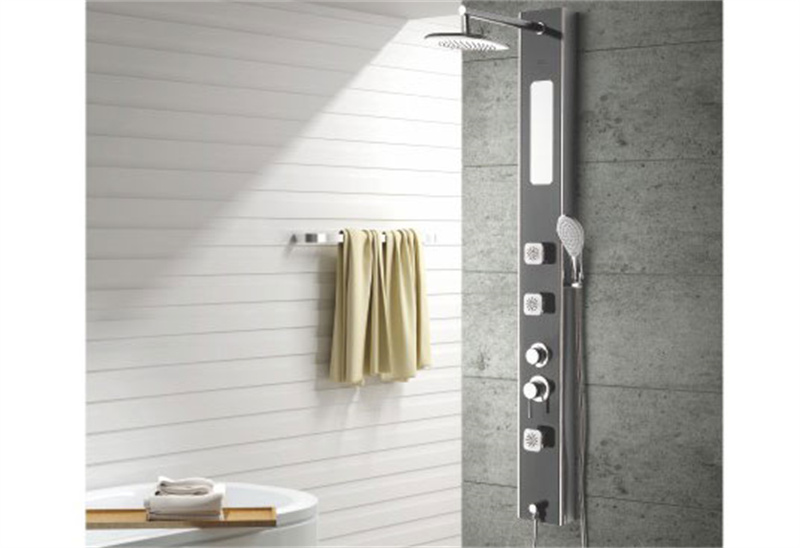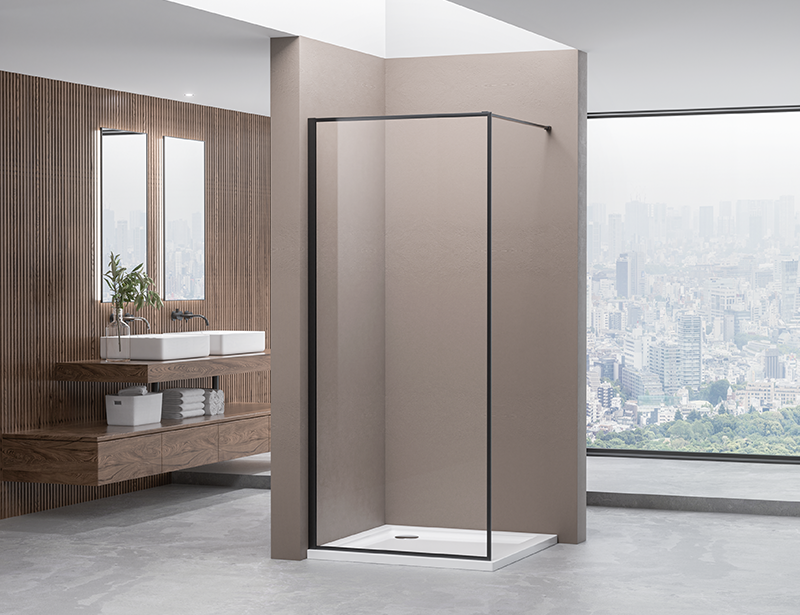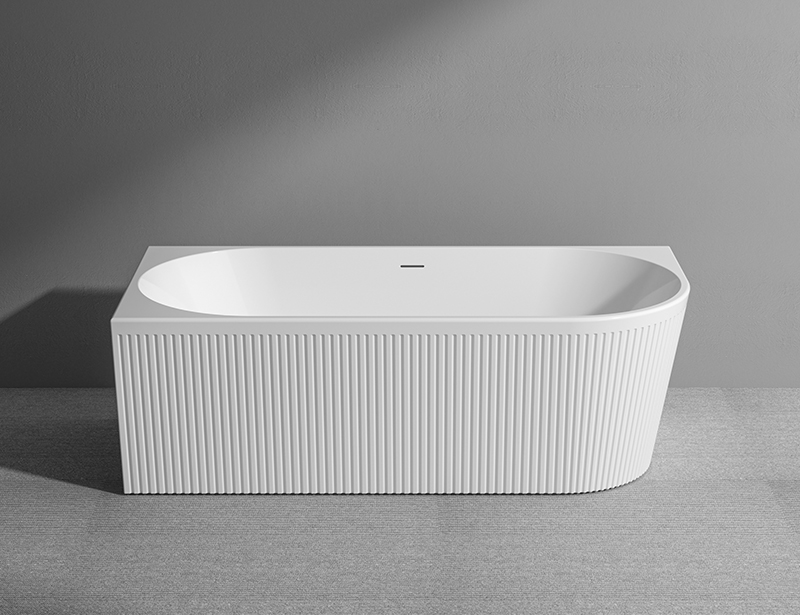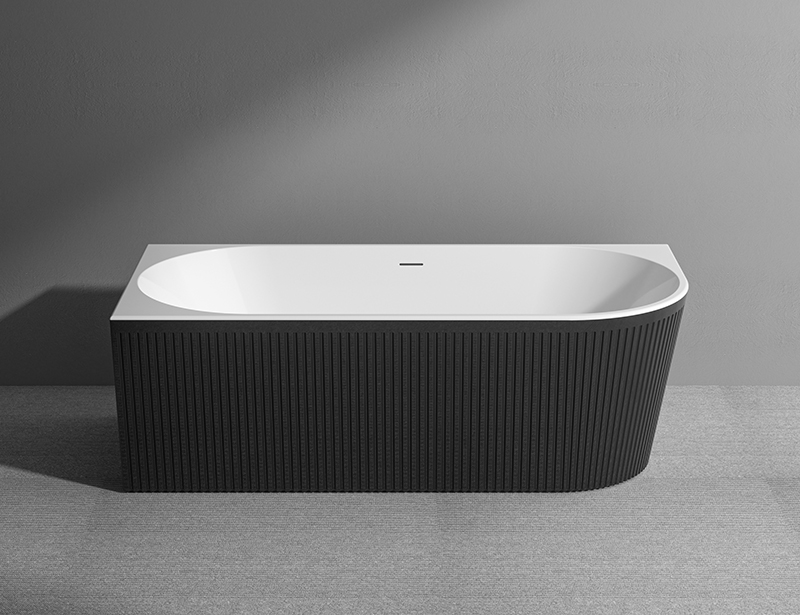The thickness of the glass used in a glass
shower enclosure is an important factor, but whether thicker glass is "better" depends on various factors, including design preferences, safety considerations, and budget constraints. Here are some considerations regarding glass
thickness in a glass shower room:
Durability:
Thicker glass is generally more durable and less prone to breakage than thinner glass. It can withstand more impact and stress, making it a safer option.
Safety:
For safety reasons, it's recommended to use tempered glass for shower enclosures regardless of thickness. Tempered glass is designed to shatter into small, relatively harmless pieces if it breaks, reducing the risk of injury.
Aesthetics:
Thicker glass can provide a more substantial and luxurious look to the shower enclosure. It may also contribute to a higher-end and modern aesthetic.
Weight:
Thicker glass is heavier, and this weight can affect the overall structural requirements of the shower enclosure. The installation must be capable of supporting the additional weight.
Cost:
Thicker glass is generally more expensive than thinner glass. The cost consideration may impact the choice based on the budget available for the project.
Customization:
Thicker glass may offer more customization options in terms of design and edge finishes. If customization is a priority, thicker glass could be a suitable choice.
Energy Efficiency:
Thicker glass may provide better insulation and energy efficiency. This can be relevant if you want to minimize heat loss or gain in the shower area.
Ease of Handling:
Thicker glass panels are heavier and may be more challenging to handle during installation. Professional installation is often recommended, especially for thicker glass.
Local Building Codes:
Check local building codes and regulations as they may specify minimum requirements for glass thickness in shower enclosures. Compliance with these codes is crucial for safety and legal reasons.
Ultimately, the choice of glass thickness depends on a combination of factors, and there is no one-size-fits-all answer. It's important to balance safety, aesthetics, budget, and practical considerations. If you're unsure about the appropriate glass thickness for your specific situation, consulting with a professional installer or designer can provide valuable insights and guidance based on your preferences and the structural requirements of your bathroom.








